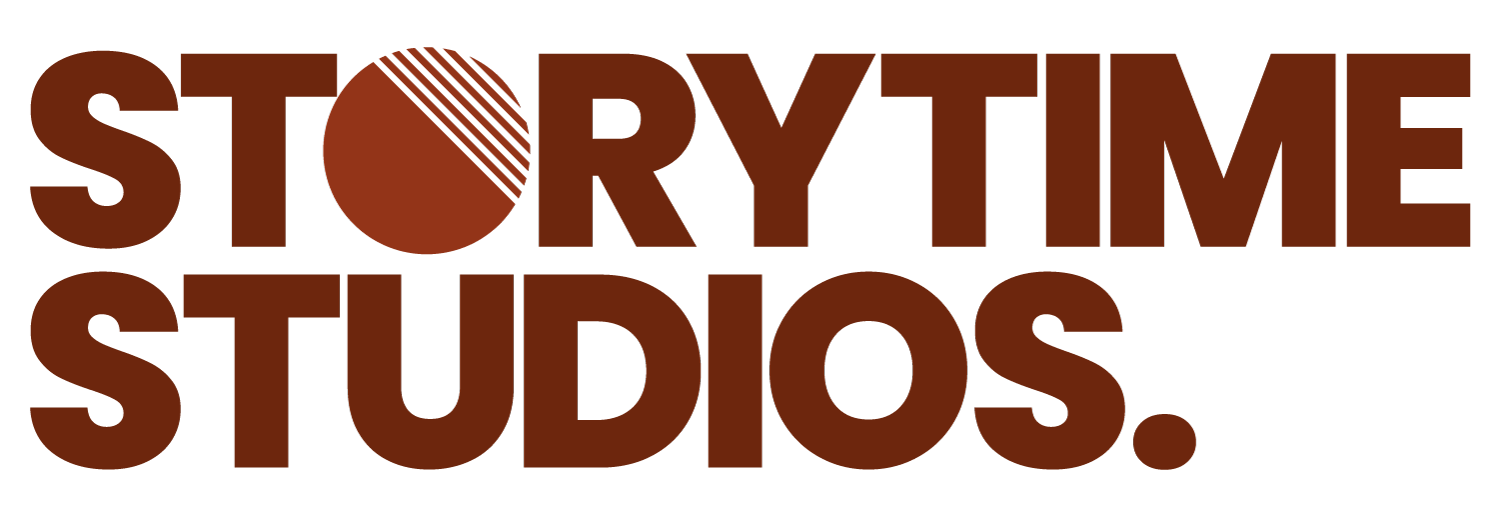BSK: Goals
Today, we're talking about GOALS.
There are many types of Goals and many different timeframes that they can be applied to, for instance:
Short-term - what do you want to do soon, like today or this week?
Medium-term - what do you want to do in a few months?
Long-term - where do you want to get to a year, two years, five years?
Infinite Goals
what do you ultimately want to achieve if you take time limits off and money isn’t an issue?
What’s your dream?
What's the idea that's so big that you will aim for it, but you might not actually achieve it because there will always be something new to try and a new way to help people in your particular niche?
(To learn more about Infinite Goals, look into Simon Sinek and his book about the Infinite Game).
Goals are essential because each decision you make as a business owner or manager can and, in many ways, should be calibrated against your Goals to ensure alignment. In non-business speak, Goals help you make decisions. When faced with two competing options, Goals are what help you decide which way to go.
For example, you run a consultancy and need to update your marketing strategy for the following year. Your Goal is to create informative long-form content that helps your clients understand the nuances of your industry's services.
So when your marketing manager asks if you want to focus on Instagram or LinkedIn, consider that your Goal of informing your clients through detailed, long-form posts makes LinkedIn the better choice.
This is a straightforward example, but you get the point.
An important note is that Goals are not perfect methods for navigating decisions. Constant change and new circumstances make it hard to keep track of all the moving pieces the modern business life throws at you. But having Goals, in the most basic sense, helps you see if you're progressing as you put effort into developing your idea, business, and its products.
More reasons that Goals are critical.
As mentioned, they help justify and inform the many business decisions you'll need to make.
They allow us to set expectations, be it for a campaign or the next 12 months of your whole business.
They provide a measure of success, aiming for a Goal and reviewing how far you have come. It is a way to measure performance.
What's the difference between Brand Goals and Business Goals?
Your Brand Goals should align with your Business Goals because you don't want one to be too far away or entirely adrift from the other.
My favourite analogy is two tandem runners attached at the hip by a bungee cord. One runner is called Sales (in this instance, "Brand"), and the other is Operations (in this instance, "Business"). In a healthy setting, the two run around the track with constructive tension between them.
Suppose one of the runners gets too far ahead; for instance, Brand goes way off into the distance without telling Business. In trying to keep up, Business gets yanked by the bungee cord and takes both runners out. Everyone's upset, and all of the people relying on these two runners suffer as well.
Business and Brand Goals need to inform each other to maintain that healthy tension and keep everyone on track.
Key Goal-related questions to consider:
What do you want to achieve?
Do you want this idea to be a hobby or a serious full-time business?
Are you just exploring, or do you want a serious, tangible Return on Investment?
Looking at the rest of the project, what is a realistic set of goals?
What is your big goal? You might want to get there “soon” but realistically, what do you want to achieve in the long-run and the long-term? Based years in advance.
What is your infinite goal? the one you will continue to strive for even if/when you achieve your big goal.
What do you want to achieve in the medium term? “Sooner than soon”, weeks from months from now.
What is your short-term goal? (what do you want to accomplish soonest?) within the next few hours or days.
That's Goals: set some, write them down, and try to review them regularly. See you on the next one (Spend).
Last Updated: 22/May/2024
